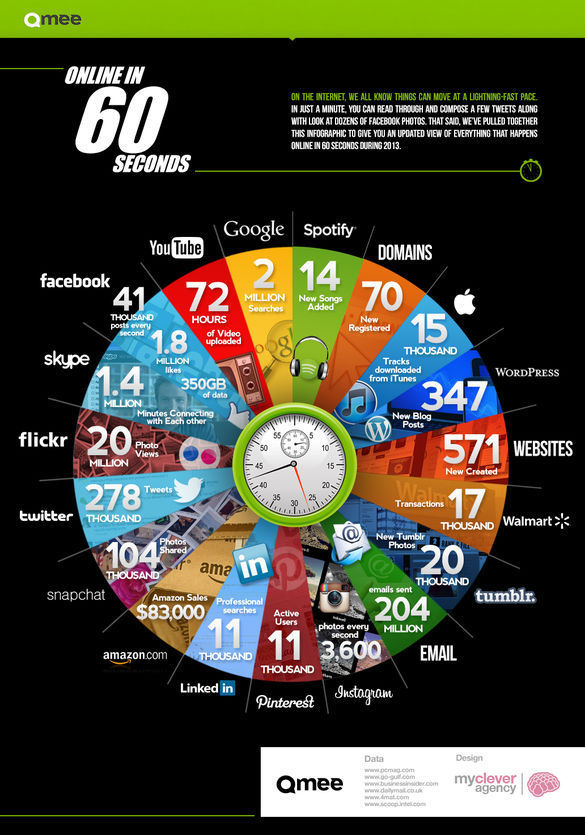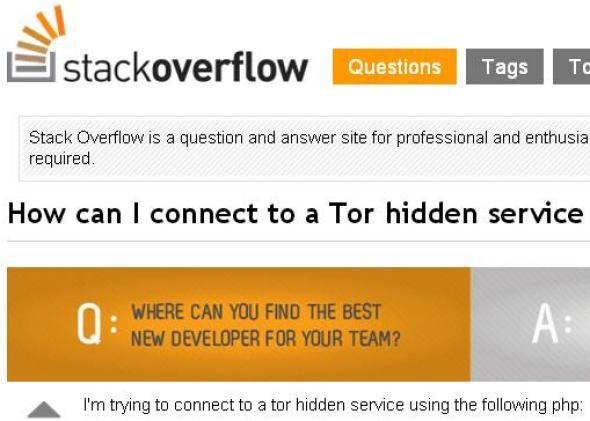Power in the Age of the Feudal Internet, by Bruce Schneier
Three Pipe Problem stashed this in Technology & Power
Power in the Age of the Feudal Internet 
by Bruce Schneier
Stashed in: Teh Internets, Awesome, Power!, internet, The Internet, Net Neutrality
Well said:
Transparency and oversight give us the confidence to trust institutional powers to fight the bad side of distributed power, while still allowing the good side to flourish. For if we are going to entrust our security to institutional powers, we need to know they will act in our interests and not abuse that power. Otherwise, democracy fails.
In the longer term, we need to work to reduce power differences. The key to all of this is access to data. On the Internet, data is power. To the extent the powerless have access to it, they gain in power. To the extent that the already powerful have access to it, they further consolidate their power. As we look to reducing power imbalances, we have to look at data: data privacy for individuals, mandatory disclosure laws for corporations, and open government laws.
Medieval feudalism evolved into a more balanced relationship in which lords had responsibilities as well as rights. Today’s Internet feudalism is both ad-hoc and one-sided. Those in power have a lot of rights, but increasingly few responsibilities or limits. We need to rebalance this relationship. In medieval Europe, the rise of the centralized state and the rule of law provided the stability that feudalism lacked. The Magna Carta first forced responsibilities on governments and put humans on the long road toward government by the people and for the people. In addition to re-reigning in government power, we need similar restrictions on corporate power: a new Magna Carta focused on the institutions that abuse power in the 21st century.
Today’s Internet is a fortuitous accident: a combination of an initial lack of commercial interests, government benign neglect, military requirements for survivability and resilience, and computer engineers building open systems that worked simply and easily. Corporations have turned the Internet into an enormous revenue generator, and they’re not going to back down easily. Neither will governments, which have harnessed the Internet for political control.
We’re at the beginning of some critical debates about the future of the Internet: the proper role of law enforcement, the character of ubiquitous surveillance, the collection and retention of our entire life’s history, how automatic algorithms should judge us, government control over the Internet, cyberwar rules of engagement, national sovereignty on the Internet, limitations on the power of corporations over our data, the ramifications of information consumerism, and so on.
This won’t be an easy period for us as we try to work these issues out. Historically, no shift in power has ever been easy. Corporations have turned our personal data into an enormous revenue generator, and they’re not going to back down. Neither will governments, who have harnessed that same data for their own purposes. But we have a duty to tackle this problem.
Data is the pollution problem of the information age. All computer processes produce it. It stays around. How we deal with it -- how we reuse and recycle it, who has access to it, how we dispose of it, and what laws regulate it -- is central to how the information age functions. And I believe that just as we look back at the early decades of the industrial age and wonder how society could ignore pollution in their rush to build an industrial world, our grandchildren will look back at us during these early decades of the information age and judge us on how we dealt with the rebalancing of power resulting from all this new data.










4:50 PM Jul 26 2016